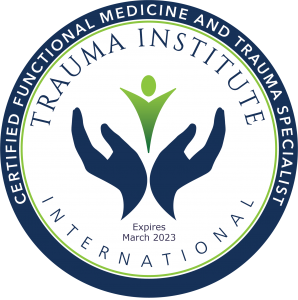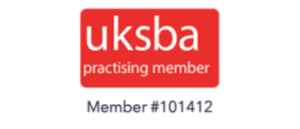Neuro Cognitive and Behavioural Approach in therapy
A long term debate has raged for decades about whether nature or nurture, inheritance or environment is the primary factor in psychology. This debate is arguably now outdated, as advances in science show how the environment and experience changes us physically, in ways we used to assume were inherited. Thus if you will, nurture influences nature.
Inherited traits
Of course we have the possibility of having higher risk factors or tendencies, but this may be due to changes that happened in previous generations, because of environment. And these may be modified through therapy. Epi-genetics is beginning to show how learnt and developed changes are passed down, but are not fixed.
Evidence of the ability to change ourselves physically
Numerous studies are now showing how mindfulness, acceptance therapy, compassion therapy and meditation make long lasting physical changes to our brains. in doing so they have effects like turning down our anxiety levels and stress reactivity. One major way this occurs is through changes in the basal ganglia and primitive areas of the brain (associated with stress), hippo-campus (associated with depression) and amygdala (associated with anxiety). See the links to Oxford Centre of Mindfulness and their evidence base via our Mindfulness page (they are part of Oxford University).
Evidence of the ability to override automatic physical responses
As well as making lasting changes that are being studied more and more through brain scans and other tests, as well as the more straight forward biofeedback methods (measuring skins response, heart rate etc), we can learn to activate different parts of the brain so as to minimise the dominance of the primitive brain. Using the frontal cortex for example enables flexible and creative thinking responses, instead of fear based socially programmed responses from the Paleolimbic brain, or stress and panic based responses from the Reptilian or Primitive brain. Where panic has become a pattern, habit or Schema, then the Neolimbic brain, which controls patterned learnt “autopilot” behaviour needs to be overridden again by the creative and flexible frontal cortex.
Its not about stopping being anxious!
Leaning new neuro-flexible cognitive choices does not get rid of anxiety – we need anxiety as a safety function for survival. Nor do you try not to be anxious. instead you train your brain to:
- Reduce automatic levels of anxiety and stress response. This takes time, rather like getting fit at the gym.
- Learn to choose other parts of the brain to use when dealing with stressful situations. Again this takes practice and perseverance.
- Meditation Methods include relaxation based methods such as meditation and mindfulness based hypnosis.
- Therapy learning methods include acceptance, compassion and mindfulness therapies.
Do I still need psychotherapy or counselling?
Simply – yes! Counselling and psychotherapy (and other variations) address the reasons why you reinforce negative neurological patterns. If you do not address these it would be like splitting your time between practising the old habits, and the new, and these would be in conflict. It is better to use psychological therapy to address the underlying reasons for negative patterns and diminish them, while also introducing neuro cognitive retraining to undo the damage already done.
New Specifically Trauma related site NEW! HERE
Key words
Neuro cognitive therapy, neurological change in therapy, acceptance therapy, mindfulness therapy, compassion therapy, meditation, hypnosis, psychotherapy, counselling, psychology




